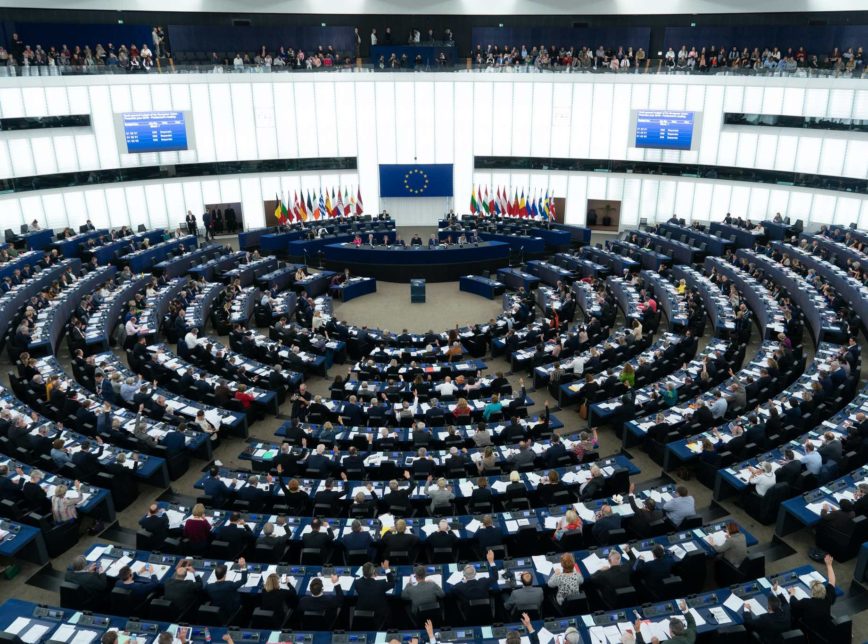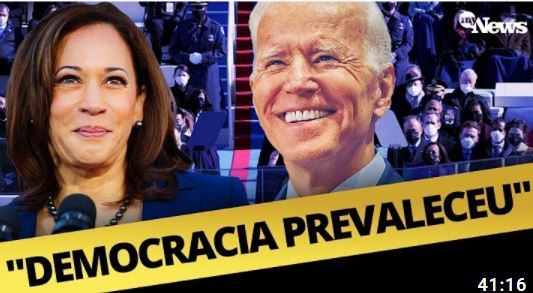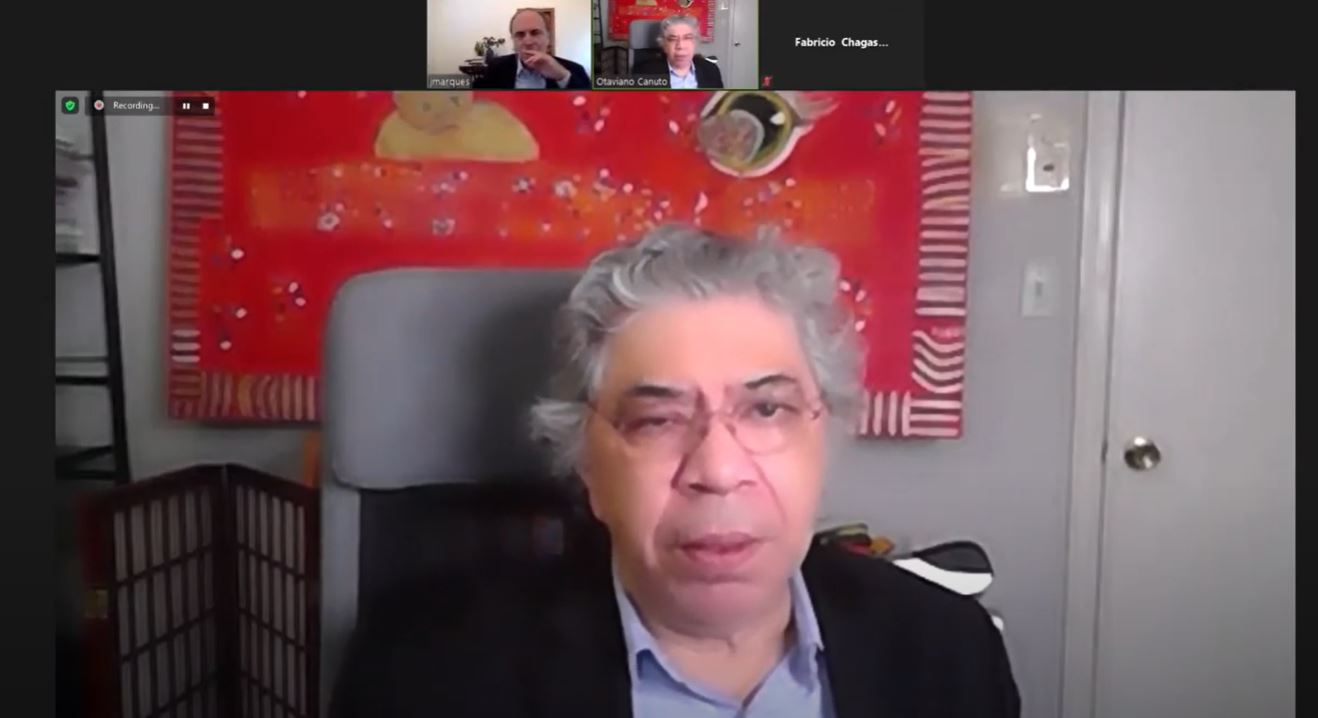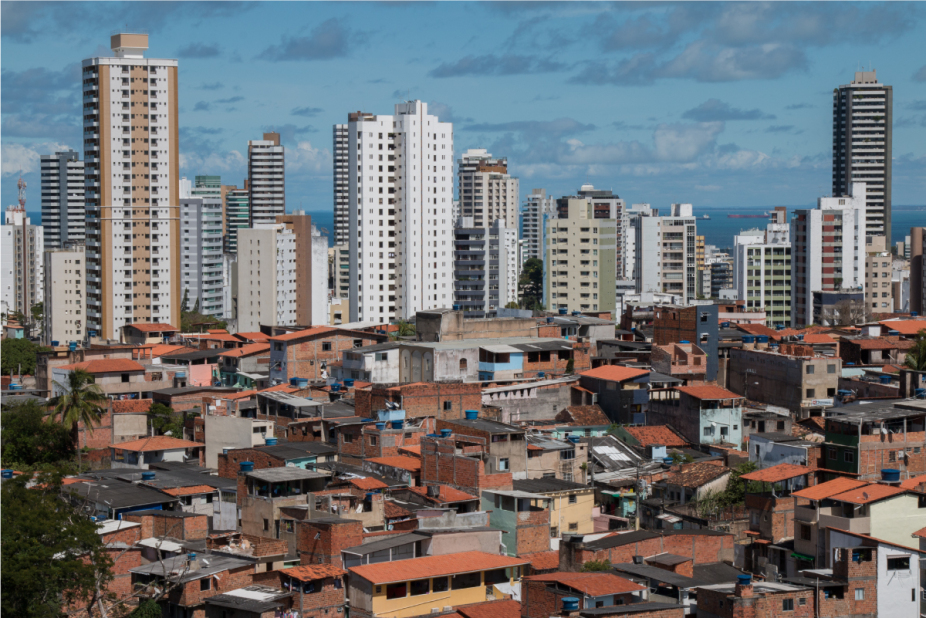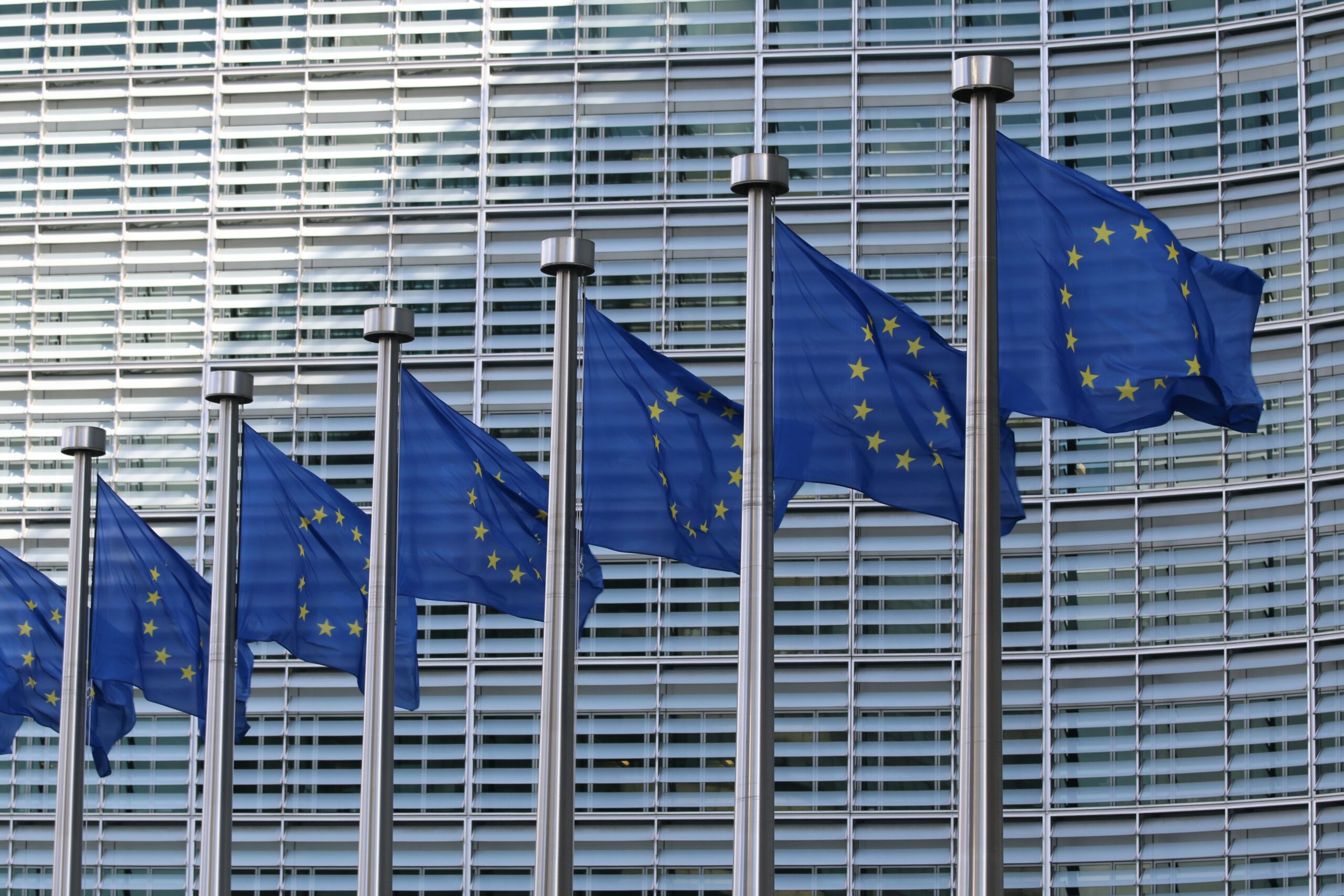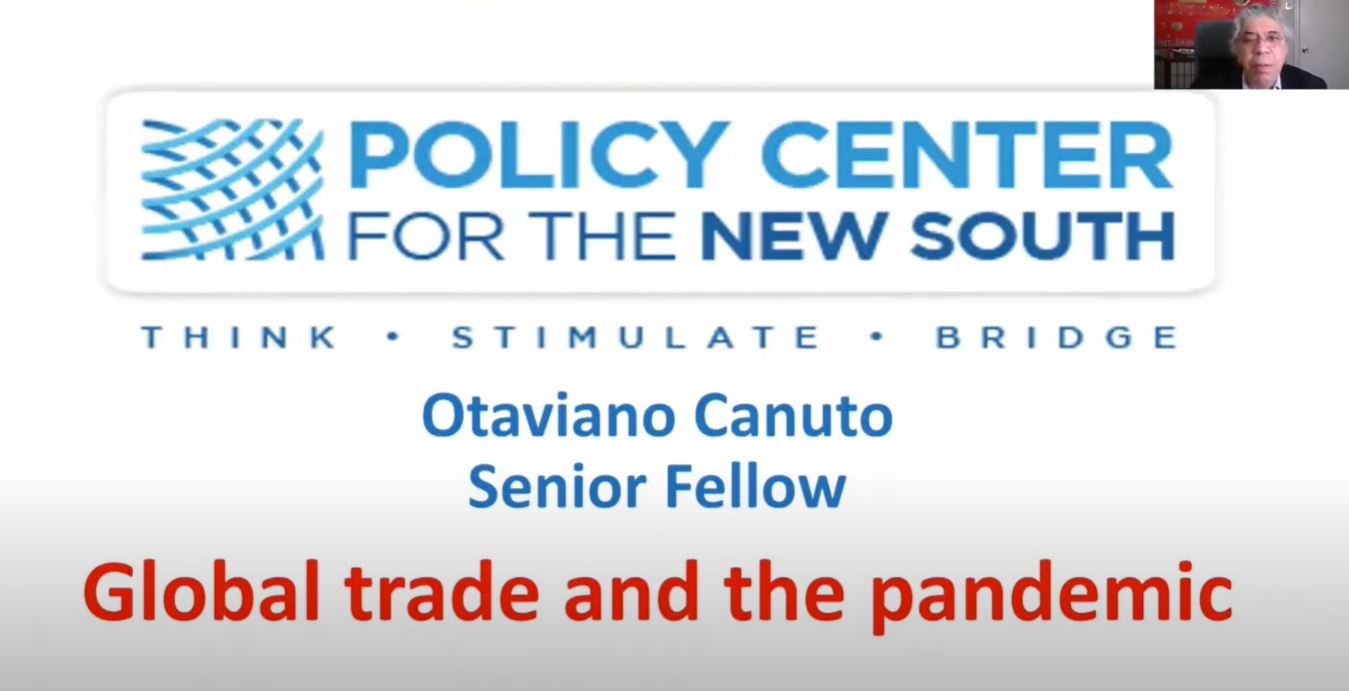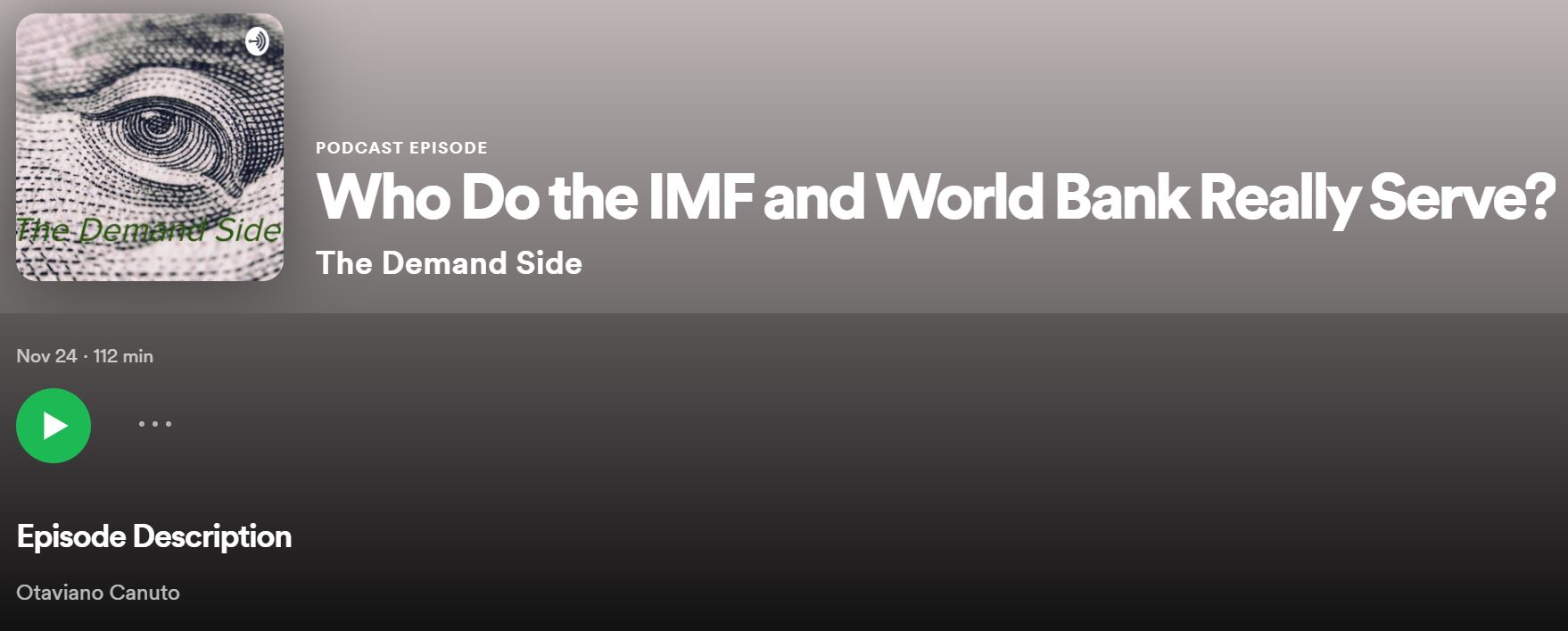Faz sentido atribuir papel concentrador de renda e riqueza às políticas de bancos centrais?
Volatilidade e desempenho da macroeconomia aquém de seu potencial prejudicam em particular a parte de baixo da pirâmide de renda e riqueza. O cumprimento adequado da função estabilizadora a cargo de bancos centrais é bom para quem tem menor capacidade de defesa quanto ao desemprego e a inflação. Se, por um lado, não parece adequado dizer que políticas de estabilização pelos bancos centrais aumentam a desigualdade, por outro se reconhece cada vez mais como a desigualdade de renda e riqueza afeta a eficácia de suas políticas,


